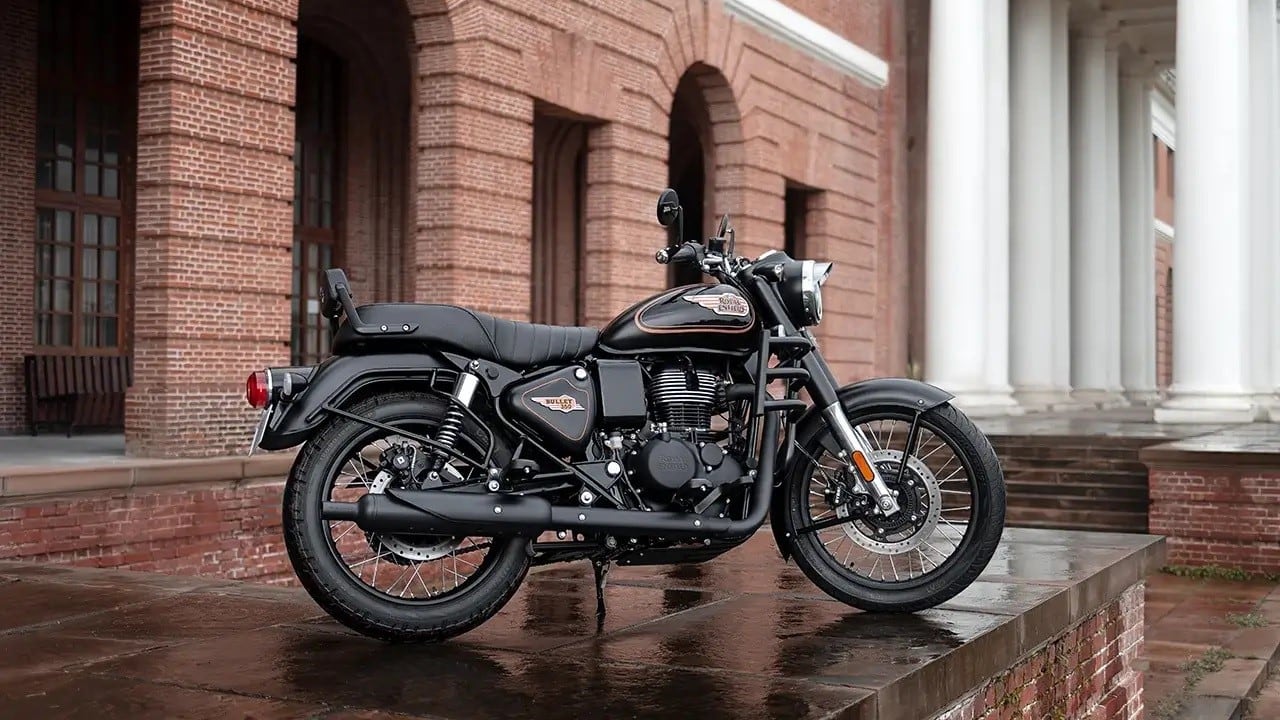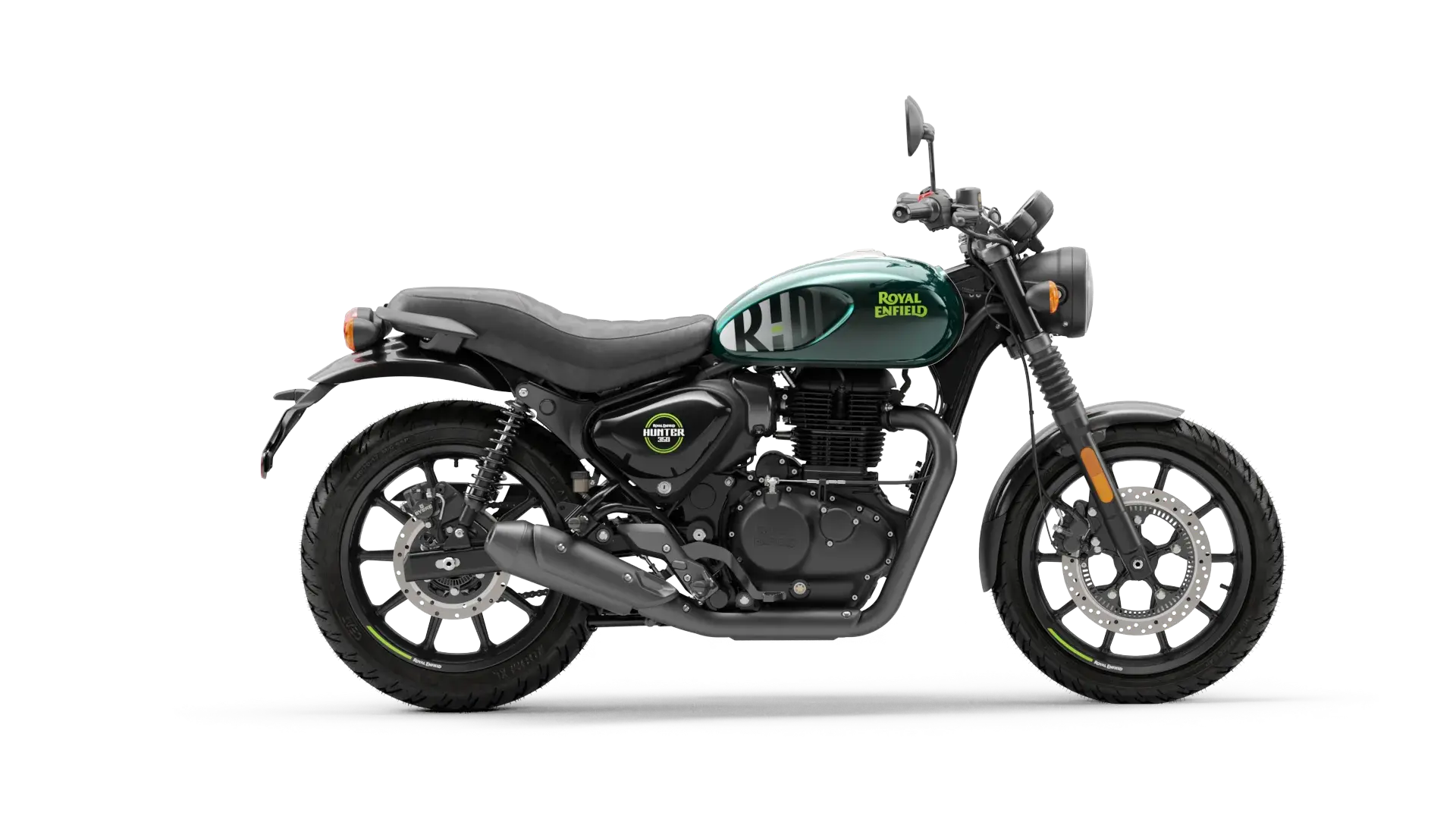350 Dually Trucks For Sale: Your Comprehensive Guide to Heavy-Duty Hauling types.truckstrend.com
The world of heavy-duty vehicles is vast and varied, but few trucks command as much respect and utility as the 350 dually. When you see "350 Dually Trucks For Sale," you’re looking at a serious workhorse, designed to tackle the most demanding towing and hauling tasks with unwavering stability and power. These formidable machines are the backbone for countless businesses, RV enthusiasts, and individuals who require unparalleled capability. This comprehensive guide will delve into everything you need to know about finding, evaluating, and purchasing your next 350 dually, ensuring you make an informed decision for your heavy-duty needs.
What is a 350 Dually Truck?
350 Dually Trucks For Sale: Your Comprehensive Guide to Heavy-Duty Hauling
At its core, a "350 dually" refers to a 1-ton (or Class 3) pickup truck equipped with a dual rear wheel (DRW) configuration. The "350" (or 3500, depending on the manufacturer) signifies its classification as a heavy-duty truck, capable of higher Gross Vehicle Weight Ratings (GVWR) and Gross Combined Weight Ratings (GCWR) compared to their 250/2500 (3/4-ton) counterparts. The "dually" part indicates that the truck has two wheels on each side of the rear axle, totaling four wheels at the back, plus the two front wheels.
Prominent manufacturers producing 350/3500 dually trucks include:
- Ford: F-350 Super Duty Dually
- Ram: 3500 Heavy Duty Dually
- Chevrolet: Silverado 3500HD Dually
- GMC: Sierra 3500HD Dually

This dual-wheel setup significantly increases the truck’s load-carrying capacity, improves stability, and provides a larger contact patch with the road, which is crucial when towing heavy trailers like fifth-wheel RVs, gooseneck livestock trailers, or large equipment haulers.
Why Choose a 350 Dually? The Unmatched Advantages
Opting for a 350 dually isn’t just about owning a big truck; it’s about investing in a purpose-built solution for serious applications. Here are the primary benefits:
- Superior Towing and Hauling Capacity: This is the dually’s defining feature. With higher GVWRs and GCWRs, these trucks can safely and efficiently move loads that would overwhelm single-rear-wheel trucks. This means more payload in the bed and heavier trailers behind.
- Enhanced Stability: The wider stance and additional rear tires dramatically improve stability, especially when encountering crosswinds, uneven roads, or when being passed by large vehicles. This translates to a more confident and safer towing experience.
- Improved Tire Durability and Safety: Distributing the load across four rear tires reduces individual tire stress, extending tire life and minimizing the risk of blowouts, which can be catastrophic when towing heavy loads.
- Commercial and Recreational Versatility: From hauling construction materials and heavy machinery for work to transporting large toy haulers or fifth-wheel RVs for recreation, a 350 dually is incredibly versatile.
- Longevity and Durability: Built with heavy-duty components from the frame to the suspension and drivetrain, these trucks are designed for sustained hard work, often leading to a longer operational life compared to lighter-duty vehicles.


Key Considerations When Buying a 350 Dually
Searching for "350 Dually Trucks For Sale" requires a strategic approach. Here are the crucial factors to consider to ensure you find the right truck for your needs:
1. Engine Type: Diesel vs. Gas
- Diesel Engines: Dominate the heavy-duty market for good reason. They offer superior torque for towing, better fuel economy when under load, and typically have a longer lifespan. However, they come with a higher initial cost, more expensive maintenance, and sometimes higher fuel prices.
- Gasoline Engines: A more budget-friendly option upfront, gas engines are often quieter and can be cheaper to maintain. While modern gas engines have improved significantly, they generally can’t match a diesel’s sustained towing power or fuel efficiency under heavy loads.
Practical Advice: If you plan on towing heavy loads frequently or for long distances, a diesel is almost always the better choice. For occasional heavy hauling or lighter-duty commercial use, a gas engine might suffice.
2. Transmission
Modern 350 duallies almost exclusively feature robust automatic transmissions designed to handle massive torque and weight. Look for trucks with advanced multi-speed automatics (e.g., 6-speed, 8-speed, 10-speed) that offer smooth shifts, engine braking capabilities, and a tow/haul mode.
3. Drivetrain: 2WD vs. 4WD
- 2WD (Two-Wheel Drive): Lighter, slightly more fuel-efficient, and often less expensive. Suitable for paved roads and dry conditions.
- 4WD (Four-Wheel Drive): Essential if you anticipate driving in inclement weather (snow, mud), off-road conditions, or need to launch boats on slippery ramps. Adds weight, complexity, and cost.
4. Cab Configuration and Bed Length
- Cab Types: Regular Cab (2-door), Extended Cab (2-door with small rear seats), and Crew Cab (4-door, full rear seats). Choose based on passenger needs.
- Bed Lengths: Typically 6.5-foot (short box) or 8-foot (long box). The long box is preferred for fifth-wheel and gooseneck towing as it provides more clearance between the trailer and the cab, especially during turns.
5. Condition, Mileage, and Maintenance History
- Used Trucks: Thoroughly inspect the frame for rust, especially in northern climates. Check the suspension, tires (all six!), brakes, and steering components. High mileage isn’t necessarily a deal-breaker for a well-maintained diesel, but a comprehensive service history is paramount. Look for signs of neglect, such as fluid leaks, excessive smoke, or strange noises.
- Maintenance Records: Request detailed service records. This shows a history of proper care and helps you anticipate future maintenance needs.
Practical Advice: Always get a pre-purchase inspection (PPI) from a trusted, independent mechanic specializing in heavy-duty trucks. This small investment can save you from costly hidden issues.
Where to Find 350 Dually Trucks For Sale
The market for 350 dually trucks is robust. Here are common avenues:
- New Car Dealerships: Ideal for the latest models, warranties, and financing options. Highest price point.
- Used Car Dealerships: Offer a wide range of makes, models, and years. Look for reputable dealers who offer certified pre-owned options.
- Online Marketplaces: Websites like AutoTrader, Cars.com, eBay Motors, and even Facebook Marketplace list thousands of trucks. Be wary of scams and always inspect in person.
- Private Sellers: Often the source of the best deals, but also require more due diligence from the buyer regarding inspections and paperwork.
- Auctions: Public or dealer auctions can yield significant savings but require expert knowledge of vehicles and often don’t allow for thorough inspections beforehand.
The Buying Process: Tips for a Smooth Purchase
- Define Your Needs and Budget: Before you start looking, know exactly what you’ll be towing/hauling, how often, and what your realistic budget is (including insurance, fuel, and maintenance).
- Research and Compare: Use online resources to compare models, features, and typical pricing for the year/mileage range you’re considering.
- Inspect Thoroughly: Whether it’s a new or used truck, do a walk-around. For used, check under the hood, under the truck, and inside the cabin. Look for inconsistencies in paint, signs of accident damage, and wear and tear.
- Test Drive: Take the truck for a significant test drive, ideally with some weight in the bed or a trailer attached if possible. Pay attention to steering, braking, acceleration, transmission shifts, and any unusual noises. Test all features (AC, radio, power windows, etc.).
- Negotiate: Don’t be afraid to negotiate the price. Research market values and be prepared to walk away if the deal isn’t right.
- Paperwork: Ensure all titles, registrations, and sales agreements are correctly filled out and transferred.
Common Challenges & Solutions
While 350 duallies are incredibly capable, they do come with certain challenges:
- Fuel Economy: Especially with gas engines, expect lower MPG figures compared to lighter trucks, particularly when unloaded.
- Solution: Consider a diesel for better loaded economy. Plan routes efficiently.
- Maneuverability and Parking: Their sheer size makes them challenging to navigate in tight city spaces or crowded parking lots.
- Solution: Practice driving in open areas. Utilize parking assist features, backup cameras, and larger parking spaces.
- Insurance Costs: Generally higher than standard pickups due to their value and capabilities.
- Solution: Shop around for quotes from multiple insurance providers.
- Maintenance Costs: Parts and labor for heavy-duty components can be more expensive.
- Solution: Stick to a strict maintenance schedule. Learn basic DIY maintenance.
Customization and Upgrades
Many 350 dually owners enhance their trucks for specific needs:
- Towing Packages: Ensure the truck has a factory or aftermarket fifth-wheel/gooseneck prep package if you plan on that type of towing.
- Airbags/Helper Springs: For fine-tuning ride height and load leveling, especially with heavy payloads.
- Aftermarket Exhaust/Tuners: For diesel engines, these can improve performance and fuel efficiency, but be aware of warranty implications and emissions regulations.
- Larger Fuel Tanks: Extend range, particularly useful for long-haul towing.
Estimated Price Range for 350 Dually Trucks For Sale
The price of a 350 dually truck can vary dramatically based on make, model, year, mileage, condition, features, and geographical location. The table below provides estimated ranges for general categories of 350 dually trucks. These are general guidelines only, and actual prices will vary.
| Year Range | Condition | Estimated Price Range (USD) | Key Factors Affecting Price |
|---|---|---|---|
| 2000-2010 | Fair to Good | $8,000 – $25,000 | High mileage, potential rust, older tech, maintenance history. |
| 2011-2016 | Good to Very Good | $20,000 – $40,000 | Moderate mileage, DPF/emissions systems (diesel), updated features. |
| 2017-2020 | Very Good to Excellent | $35,000 – $60,000+ | Lower mileage, modern tech, stronger engines, CPO options. |
| 2021-Present | Excellent to New | $55,000 – $90,000+ | Latest models, advanced safety features, higher towing capacities. |
| New (Base) | Brand New | $60,000 – $75,000 | Entry-level trims, gas engine. |
| New (Loaded) | Brand New | $80,000 – $100,000+ | Top trims, diesel engine, luxury features, advanced tech. |
Disclaimer: These prices are highly speculative and depend heavily on the specific truck’s history, options, and market demand. Always conduct thorough research for specific listings.
Frequently Asked Questions (FAQ)
Q: What’s the main difference between a 250/2500 and a 350/3500 dually?
A: The primary difference lies in their Gross Vehicle Weight Rating (GVWR) and Gross Combined Weight Rating (GCWR). 350/3500 trucks have higher ratings, allowing them to carry more payload and tow heavier trailers. The 350/3500 dually specifically adds the dual rear wheels for enhanced stability and load distribution.
Q: Is it hard to drive a dually truck?
A: It requires some adjustment due to its size and width. Maneuvering in tight spaces and parking can be challenging. However, on open roads or highways, they are often smoother and more stable, especially when towing.
Q: Are diesel duallies more expensive to maintain?
A: Generally, yes. Diesel engines have more complex emissions systems (like DPFs and DEF) and their components are often more robust and therefore pricier to replace. However, they typically last longer than gas engines if properly maintained.
Q: What mileage is too high for a used dually?
A: For a well-maintained diesel dually, 200,000-300,000 miles can still be acceptable, especially if the truck has a detailed service history. For gas engines, anything over 150,000-200,000 miles might warrant more caution. Condition and maintenance history are more important than just the odometer reading.
Q: Do dually trucks get bad fuel economy?
A: Compared to passenger cars or light-duty trucks, yes. Unloaded, a dually will get lower MPG. However, when towing heavy loads, a diesel dually often achieves better fuel economy than a gas-powered truck struggling with the same weight.
Q: Do I need a special license to drive a 350 dually?
A: In most places, if the truck itself (empty or loaded) has a GVWR under 26,001 lbs, a standard Class D (or equivalent) driver’s license is sufficient. However, if you’re towing a trailer that puts the Gross Combined Weight Rating (GCWR) over 26,000 lbs, or if the trailer itself has a GVWR over a certain threshold (e.g., 10,000 lbs), you might need a commercial driver’s license (CDL) or a non-commercial Class A license, depending on your state’s regulations. Always check your local Department of Motor Vehicles (DMV) for specific requirements.
Conclusion
The search for "350 Dually Trucks For Sale" leads to a class of vehicles purpose-built for the most demanding tasks. These trucks represent the pinnacle of heavy-duty capability, offering unparalleled towing capacity, stability, and durability. Whether you’re a commercial operator, a serious RVer, or someone with substantial hauling needs, a 350 dually can be an invaluable asset. By understanding the different engine types, key considerations, and the buying process, you can confidently navigate the market and find the perfect dually to serve as your ultimate workhorse and companion on the road. It’s an investment that pays dividends in power, reliability, and peace of mind.
